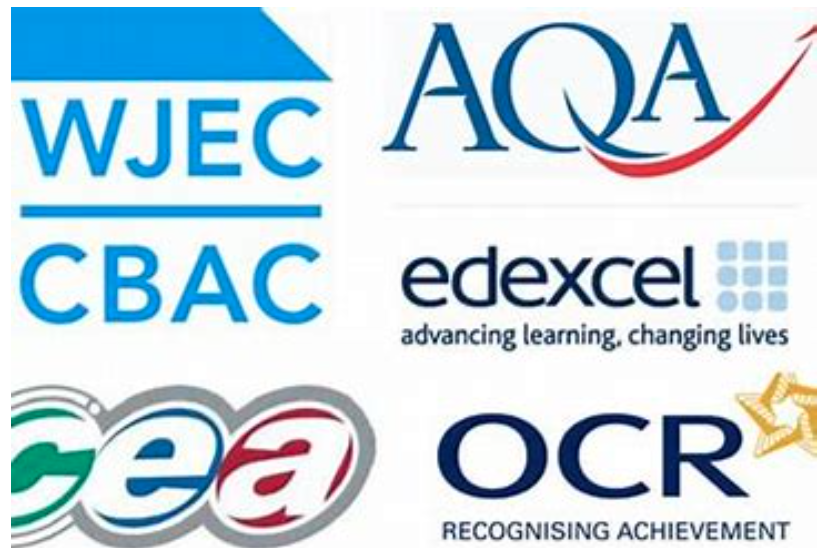What are the advantages of learning from an Examiner?
To become an examiner in the UK, the teacher has to have a minimum of 3 years experience in teaching in Highschool in United Kingdom as well as teaching that subject and board that they are examining for.
What does this mean for you?
It means that if an examiner is tutoring or teaching you or your child, then they already have some good experience behind them and you can be assured they are not just starting out.Before the teacher can start marking, they have to undergo training from those who have either written the papers or have been part of this process, to learn exactly how to mark the paper.
This includes:
What do all the parts of the mark scheme mean
What is acceptable and what is unacceptable when marking the exam
If an examiner is marking any essays, then exactly how to mark the essay The teacher is then able to take what they have learnt into the classroom and help their students with very specific techniques to help them answer the exam questions.
 What happens during the marking procesAn examiner always has a mentor or lead examiner who they will go to if there are any problems.During the marking process, each question is seeded - what this means is that a lead examiner checks after every few questions that you have marked it correctly, by checking against their own marking.
What happens during the marking procesAn examiner always has a mentor or lead examiner who they will go to if there are any problems.During the marking process, each question is seeded - what this means is that a lead examiner checks after every few questions that you have marked it correctly, by checking against their own marking.
During the marking process, each question is seeded. This means that for every question that you mark, it is checked by a lead examiner to make sure that you are marking it correctly. They check this by checking it against their own marking, which has already been through a standardisation process.
For example, if you are marking 100 questions (of the same question), then 5 or 6 questions out of the 100 are chosen at random for seeding. If there are any problems with seeded questions, i.e. that the examiner has not marked it correctly - then they have to speak to a lead examiner to explain their error to make sure it does not happen again.
This gives the examiner and lead examiner the confidence that all exam questions are being marked properly and correctly.
How has this helped my student?
Being an examiner has enabled me to develop techniques that I am able to share with my students and show them exactly what an examiner is looking for when they are reading answers from students.
Furthermore, I am able to look at a mark scheme and understand the aspects of the mark scheme in terms of where students may have to use certain keywords or key points, what does it mean when a word is underlined or in brackets. When would an examiner accept what students have written and when would they not.
I have noticed a great difference in my own marking when I mark exam questions and homework - I am able to give very personalised feedback and am always able to connect it to what the student needs to do to gain high marks in the question.
Furthermore, during lessons, I find I am always referring back to the exam during the lesson as I know what type of questions can come up for that particular topic.
Overall, becoming an examiner of both GCSE Spanish and then A level Spanish has enabled me to structure my teaching and feedback so I can give my students the correct knowledge they need to grow in to not just good linguistics , but how they can use mark schemes and revision techniques to gain their highest potential in A levels and beyond.
If you want to learn from an examiner, do get in touch with me and I will do my best to make sure you have all the tools to reach your potential.
Rosa María Iglesias
